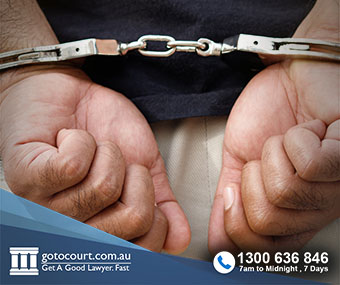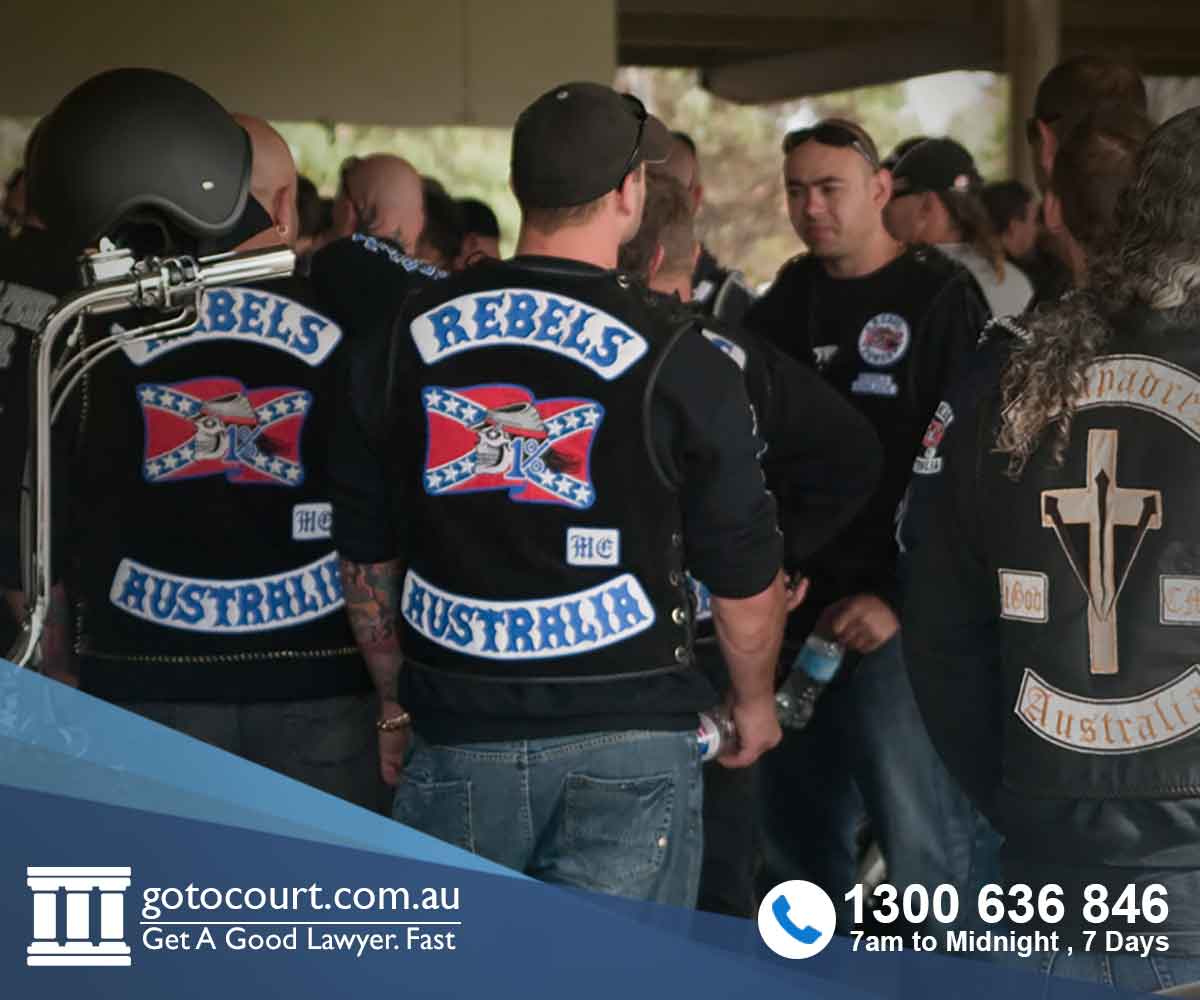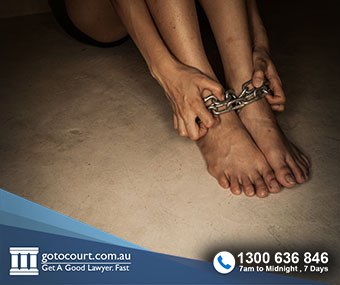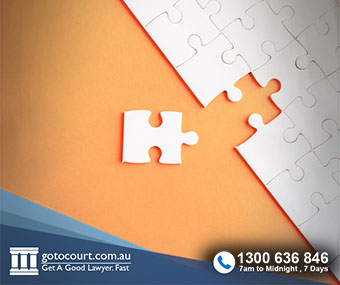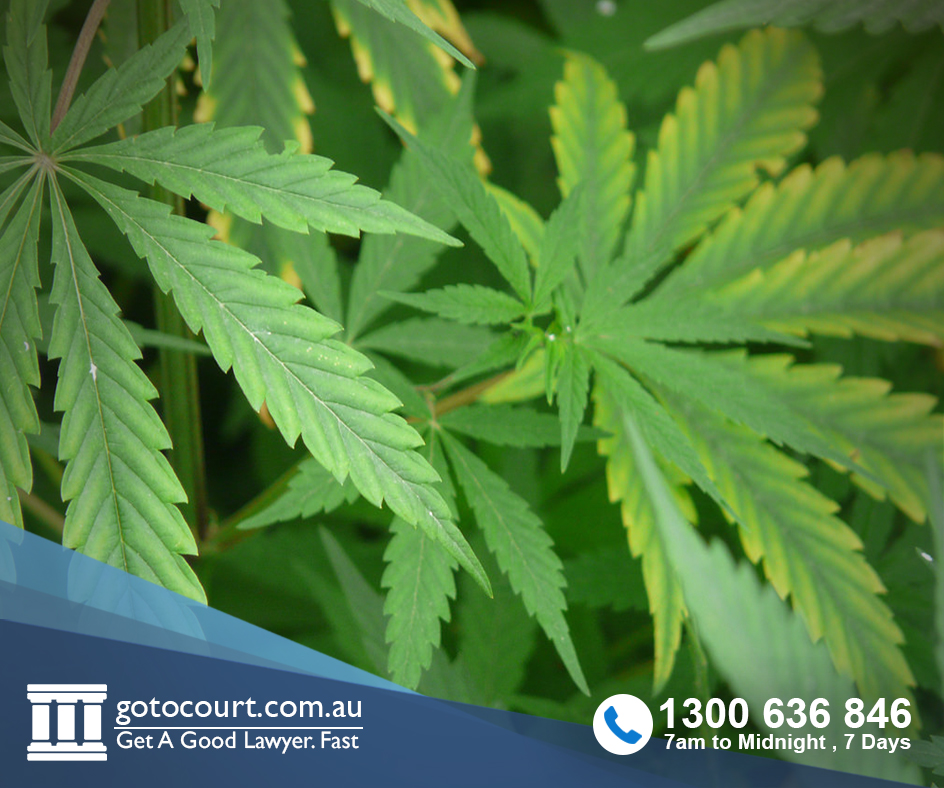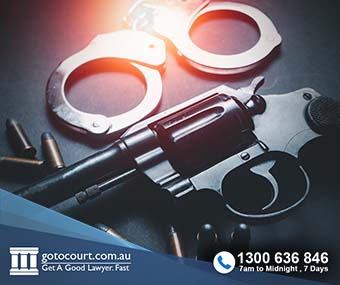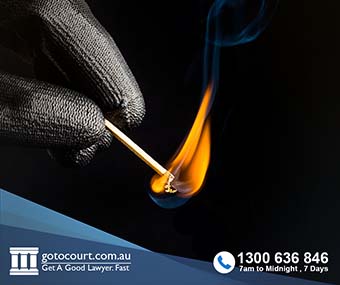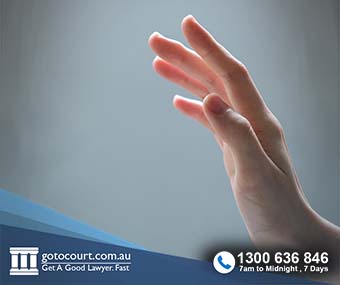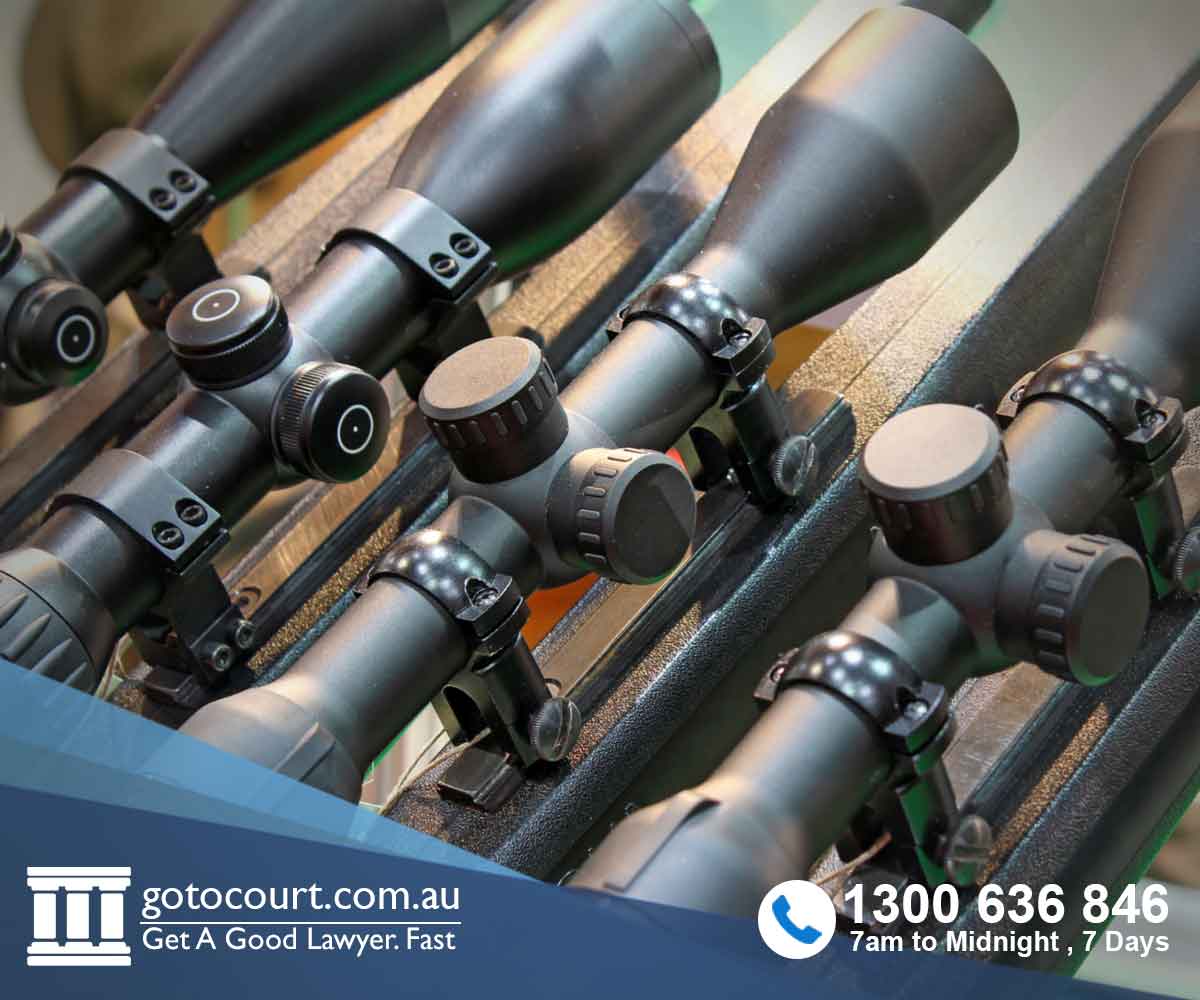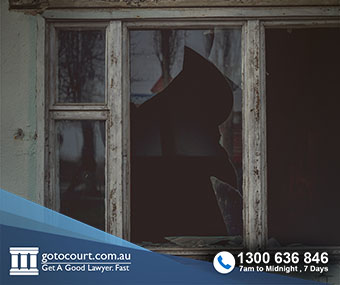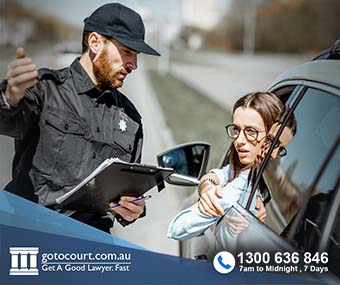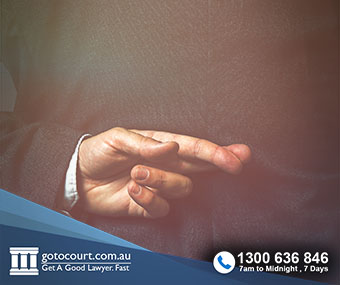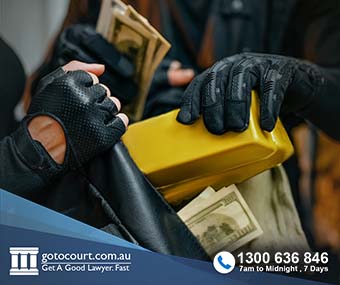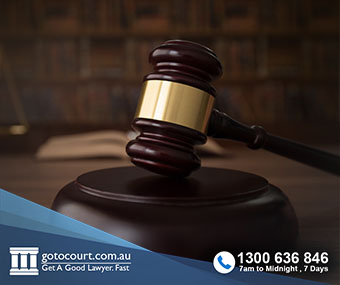Fraud in Queensland
Fraud in Queensland
A general offence of fraud is found in s 408C of the Queensland Criminal Code. A person found guilty of fraud in Queensland may be sentenced to a maximum of five years imprisonment. This increases to 12 years imprisonment in certain cases, such as where:
- a corporation is defrauded by a director or member of its governing body
- an employer is defrauded by their employee
- a person commits fraud using property they obtained subject to a trust, direction or condition that it be applied to a particular purpose or be paid to a specified person, or
- the benefit or detriment resulting from the fraud amounts to $30,000 or more.
What is fraud?
Fraud involves a person dishonestly doing any of the following things:
- using property belonging, in whole or in part, to somebody else
- obtaining property from somebody else
- persuading somebody to deliver property to somebody else
- obtaining a benefit or causing some detriment to somebody else
- influencing a person to do something that they are lawfully entitled not to do, or
- influencing a person not to do something that they lawfully may do.
Another common example of fraud expressly listed under section 408C is where a person knows that payment is required for something but leaves without paying, and intends to avoid payment. This means that a person who flees from a restaurant without paying or who fills their tank with petrol but then deliberately drives off from the petrol station without paying will be committing fraud.
Dishonesty
The key element required to establish fraud in Queensland is that a person acts dishonestly. In determining whether the person’s conduct was dishonest, the court will compare the conduct to that of reasonable and honest people, assessing it in light of ‘ordinary standards’. In addition, the court must also be convinced that the accused knew that he or she was acting dishonestly when measured against those standards.
The Queensland Criminal Code specifically provides that a person’s acts in relation to property may be considered dishonest even though they were willing to pay for the property, or intended to restore or make restitution for the property. It may also be dishonest even though the owner consented to the act or a mistake was made by another person.
However, an act will not be considered dishonest if, at the time, the individual did not know who the property belonged to and believed on reasonable grounds that the owner could not be discovered by taking reasonable steps to find them. This means that a person who finds lost property but does not take reasonable steps to discover the owner of that property may be considered in some circumstances to have acted dishonestly, and if they subsequently use, give away or sell that property they may be committing fraud.
Defences
A number of defences might be available for a charge of fraud in Queensland.
The most common defences are a bona fide claim of right under s 22 of the Criminal Code and a mistake of fact under s 24 of the Criminal Code. These defences both potentially arise in situations when the accused has an honest and reasonable belief that they have some form of legal right to the property in question.
Other possible formal defences include duress and insanity. It might also be possible to raise less formal defences which will serve to undermine the prosecution’s case. This includes:
- the alleged victim lawfully consented
- the actions occurred in the context of a civil or family law matter
- the alleged offence did not involve ‘property’ as defined in the legislation (though the definition is quite broad and it may be difficult to argue).
If you are charged with fraud in Queensland and you believe that you may have a possible defence available, it is important that you seek further legal advice at an early stage. It might also be possible for a lawyer to negotiate to have your charges dismissed or downgraded.
Reporting fraud
If you think you have been the victim of fraudulent activity, you can report it to your local police station or to the Fraud and Cyber Crime Group of the Queensland Police Force. You should note that the police will undertake criminal investigations of the matter and may lay charges, but they cannot retrieve property or money you lost as a result of the fraud.
Which court hears fraud offences?
Generally speaking, because fraud is classed as an ‘indictable’ offence, it will go to the District Court. However, in some circumstances, less serious fraud offences may be heard in the Magistrates Court.
If you require legal advice or representation in any legal matter, please contact Go To Court Lawyers.

Affordable Lawyers
Our Go To Court Lawyers will assist you in all areas of law. We specialise in providing legal advice urgently – at the time when you need it most. If you need a lawyer right now, today, we can help you – no matter where you are in Australia.How It Works




1. You speak directly to a lawyer
When you call the Go To Court Legal Hotline, you will be connected directly to a lawyer, every time.

2. Get your legal situation assessed
We determine the best way forward in your legal matter, free of charge. If you want to go ahead and book a face-to-face appointment, we will connect you with a specialist in your local area.

3. We arrange everything as needed
If you want to go ahead and book a fact-to-face appointment, we will connect you with a specialist in your local area no matter where you are and even at very short notice.



